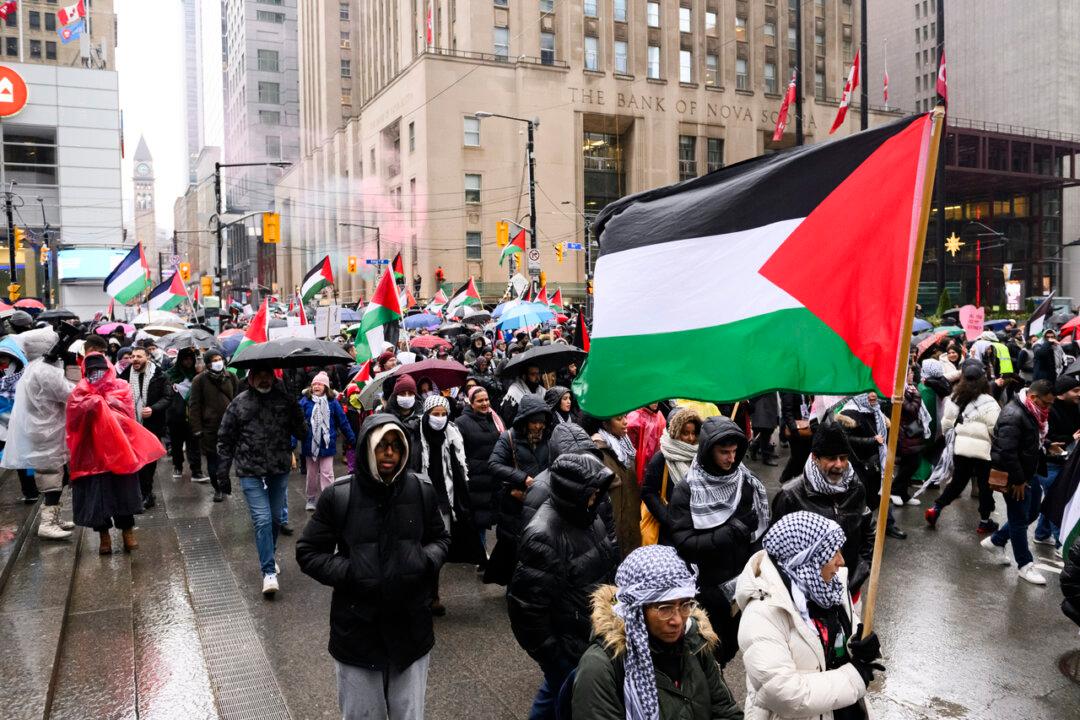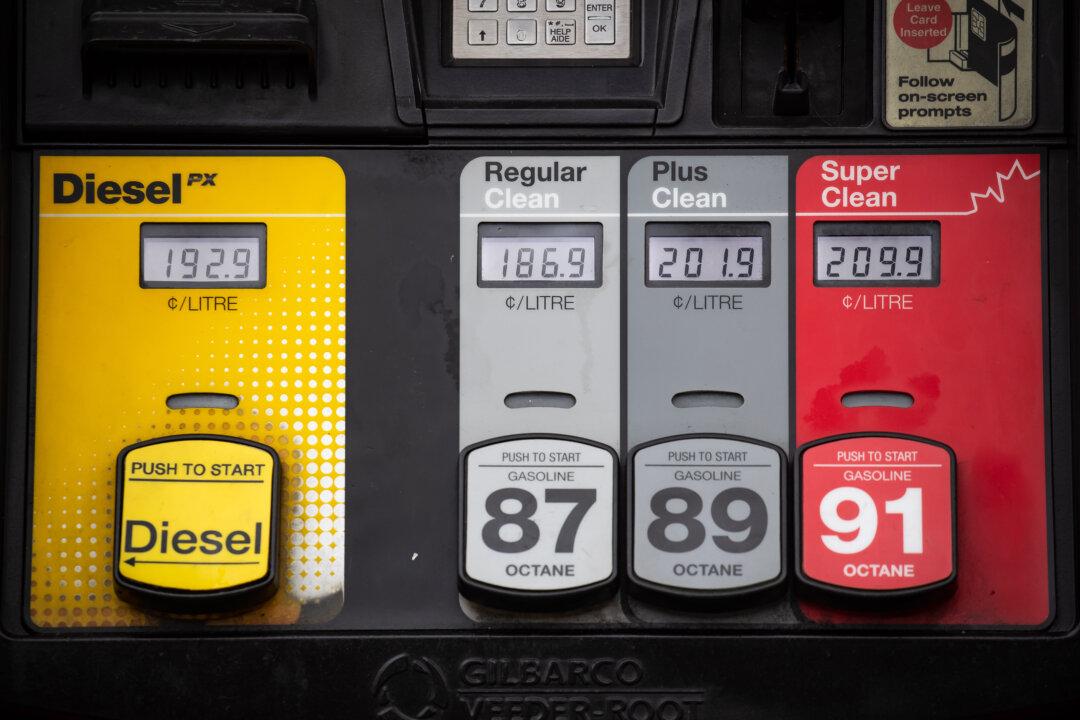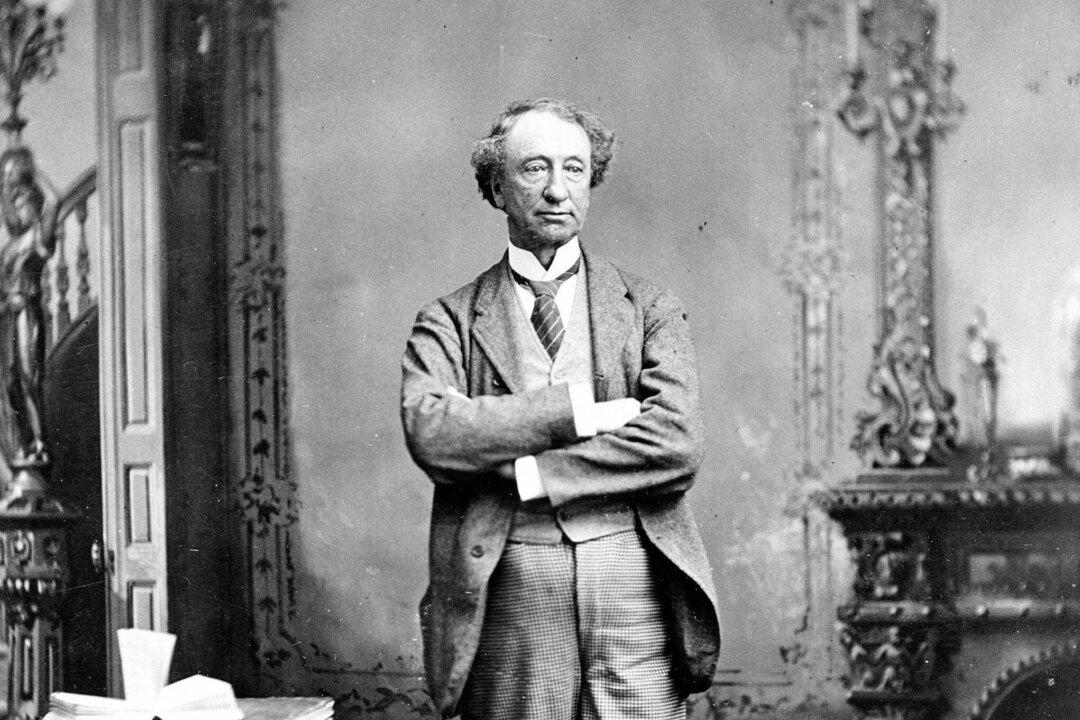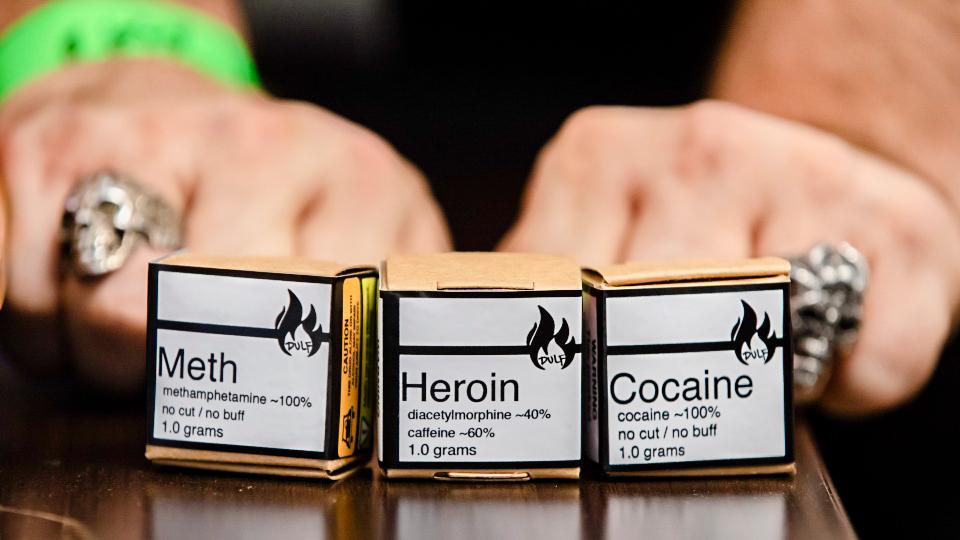Prime Minister Justin Trudeau says Canada has changed its longstanding policy by abstaining from a vote on Palestine’s membership to the United Nations.
Canada has traditionally sided with Israel and rejected such U.N. resolutions. Mr. Trudeau said Canada abstained from voting because of its commitment to reaching a “two-state solution” involving the creation of a sovereign Palestinian state that would exist alongside Israel.





